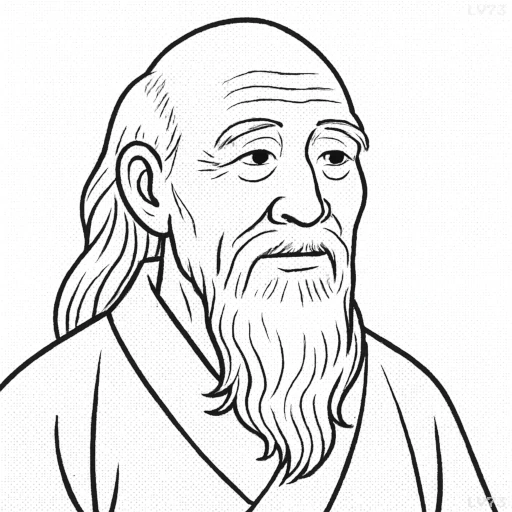“To realize that you do not understand is a virtue; Not to realize that you do not understand is a defect.”

- 571 BC? – 470 BC?
- Born in China
- Philosopher
table of contents
Quote
“To realize that you do not understand is a virtue; Not to realize that you do not understand is a defect.”
Explanation
This quote from Laozi emphasizes the importance of humility and self-awareness in the pursuit of wisdom. Laozi suggests that true virtue lies in the recognition of our limitations—specifically, the ability to acknowledge when we do not understand something. Recognizing that we do not know something opens the door to learning and growth, as it allows us to remain open, curious, and receptive to new ideas and perspectives. On the other hand, failing to recognize our lack of understanding, or assuming we know everything, is a defect because it closes the mind off to new knowledge and perpetuates ignorance.
In modern life, this idea resonates with the concept of intellectual humility and lifelong learning. In a world where certainty and confidence are often valued, Laozi’s wisdom teaches that true wisdom comes from admitting what we do not know, which then allows us to actively seek knowledge and gain deeper insight. People who can recognize their own gaps in understanding are more likely to grow, innovate, and engage with others in a meaningful way. Conversely, those who are unaware of their lack of understanding may remain stagnant, unable to adapt or evolve.
This principle also ties into communication and leadership. Leaders who admit their lack of knowledge or understanding create a space for collaboration and open dialogue, fostering environments where ideas can be shared freely and solutions can be found through collective insight. By recognizing our own ignorance, we make room for growth, connection, and wisdom, which is essential for both personal development and the advancement of society as a whole. Laozi’s wisdom reminds us that embracing what we don’t know is not a weakness, but a strength—a stepping stone to true understanding.
Would you like to share your impressions or related stories about this quote in the comments section?


